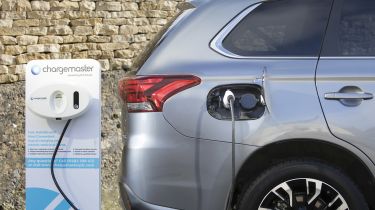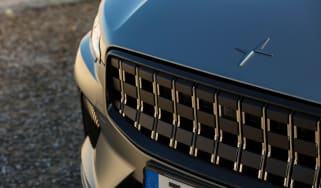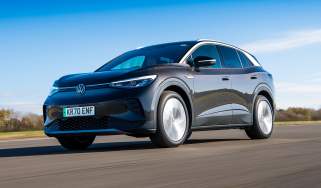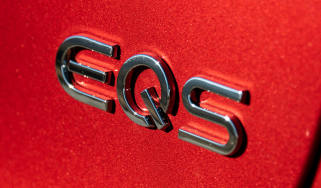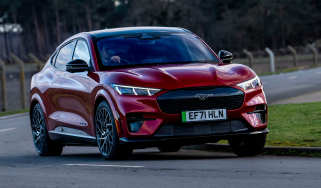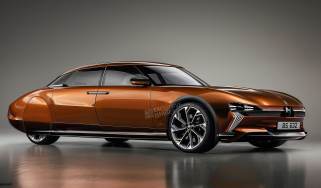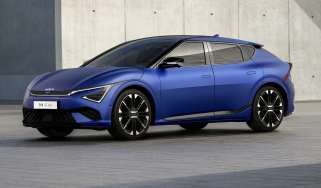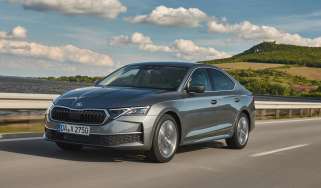Electric cars vs petrol cars vs hybrid cars : which engine choice is right for you?
Petrol, diesel, hybrid and electric cars each have their merits but picking the right one can be tricky. Luckily our guide is here to help
While most motorists still drive cars with a regular petrol or diesel internal-combustion engine (ICE), one surely cannot have failed to notice the rising popularity of electric and hybrid cars. That trend is only set to grow. Volkswagen, for example, plans to offer an electrified version of every one of its models by 2030, with Ford, Jaguar and Toyota making similar pledges. The UK government, meanwhile, has committed to ending the sale of new petrol and diesel cars by 2040 and is considering whether to bring that date forward.
However, 2030 is still a number of buying cycles away for most motorists. And although there are a few notable exceptions, many manufacturers offer EVs only at the premium end of the market, while hybrids tend to be more expensive than cars with conventional engines. The flipside to higher purchase prices is the lower running costs, favourable tax rates and the chance to escape, or reduce your exposure to, emissions-based charge zones in urban areas.
So should you take the plunge right now and pick up a hybrid, plug-in hybrid or electric car? Is petrol or diesel still the best choice for you? Our guide explains all....
Types of powertrains on sale
Mild Hybrid
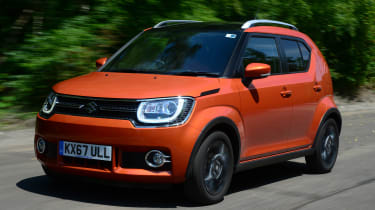
Drivers looking for some of the benefits of an AFV without any of the perceived complication and expense may be tempted by a mild hybrid. Offered by manufacturers as diverse as Suzuki and Mercedes, a mild hybrid comprises a beefed-up starter motor, known as a belt alternator starter (BAS). The BAS recoups energy that would otherwise be lost during braking, feeding it into the battery. This, in turn, helps power the wheels in conjunction with the engine –although the battery rarely drives the wheels on its own.
- Pros: Improved economy, emissions and performance
- Cons: Modest efficiency and performance gains
Full Hybrid
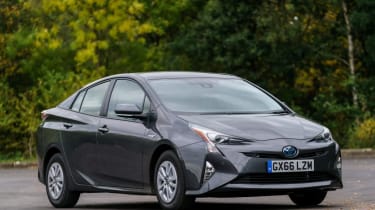
The best-established class of AFV, full hybrids comprise an electric motor, a battery pack and (typically) a petrol engine. On hybrids like these, the wheels can be powered by the engine and motor working together, or solely by the engine, or solely by the motor.Electric range is usually only one or two miles, and ensuring the car stays in EV mode can require a deft right foot. The motor’s batteries are charged up by a combination of the petrol engine and regenerative braking leading Toyota to refer to its hybrid models as 'Self-Charging Hybrids'.
- Pros: Decent economy and emissions
- Cons: Increased purchase price; emissions are not low enough to escape some charging zones
Plug-in hybrid
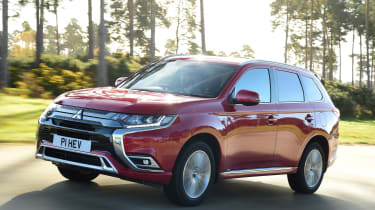
A plug-in hybrid has the same philosophy as a full hybrid, but adds a much bigger battery that can be charged via a plug. As with conventional hybrids, the batteries and engine can drive the wheels together or independently, but a PHEV’s electric-only range is typically 30 miles or so.
As a result, many commuters can get to and from work without using any petrol, while emissions are far lower than a conventional hybrid’s. Fail to charge a PHEV regularly, however, and you get nowhere near its on-paper efficiency.
- Pros: Rock-bottom emissions; excellent economy possible
- Cons: Price; ideally requires home or work charging point
Electric Vehicle (EV)
An EV gets all its power from an on-board battery, which must be charged. How far it can travel on a charge depends on how much it weighs, its battery size (you can often pay for a larger one when specifying your car), how you drive it, the speeds you do, roads on which you travel and the weather; cold temperatures adversely affect an EV’s range.
Charging times, like ranges, vary. Slow, or trickle, chargers can take nearly a day to replenish an EV’s batteries, and fast home chargers shrink this to four to six hours. A rapid public charger can take you from 20 per cent to 80 per cent charge in 45 minutes.
Although many EV owners have covered high mileage, for those regularly doing long journeys the public charging network will be a key consideration. While it’s fair to say the UK’s network has grown rapidly, out-of-action chargers aren’t unheard of. You’ll also have to factor in charging times when planning long journeys, although the flipside is most people would break up such a trip with a meal stop, during which their EV can be charging.
EVs cost significantly less to run than conventional cars. You’ll have to pay for the electricity used to recharge them, but doing this at home using off-peak power should cost as little as £3-£4 for a full charge. EVs are also exempt from road tax and most congestion charging zones.
- Pros: Minimal running costs; environmentally friendly
- Cons: High purchase price; charging network not fully developed
Fuel cell cars
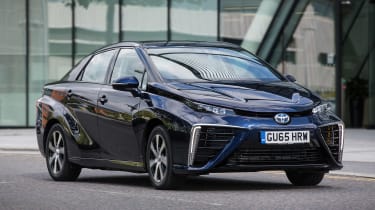
If electric vehicles are at the cutting edge of motoring, then hydrogen fuel cells are the razor-sharp tip. A fuel-cell electric vehicle is constantly charged using power from a fuel-cell ‘stack’. This is a box of scientific tricks that takes a fuel (usually hydrogen) and oxygen, and produces electricity from the reaction between them. FCEVs have an exhaust, but the only emission is water.
In theory, the clearest benefit of fuel-cell motoring is that you don’t have to factor in time to charge your vehicle. You drive along, emitting nothing but water, and then when you run out of hydrogen you just pull into a filling station and top up, as quickly as you would with a petrol or diesel car.
But there are some major issues. The first is how ‘clean’ fuel-cell motoring is, because a fair amount of energy is needed to produce the hydrogen, and it’s just as likely to have come from a coal-fired power station as wind or tidal.
• Do hydrogen cars have a future?
More significant is the relative scarcity of hydrogen refuelling points; despite Government and manufacturer support, there are still only a dozen or so stations in the UK.
As a result, fuel-cell cars aren’t widely available in Britain yet; Honda is loaning a few Clarity FCVs to keen early adopters, and Toyota’s Mirai is available for lease, but through the firm’s fleet sales division.
Internal-combustion engine (ICE)
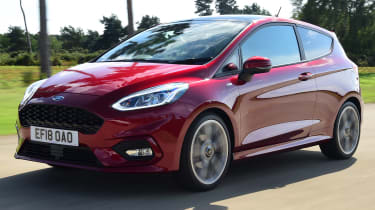
Despite huge leaps forward in electrification technology cars sales in the UK remain dominated by purely petrol and diesel cars.
While local emission zones (such as London’s ULEZ) and national tax policies (diesel company cars sit one band higher than petrol ones) have been contributing to diesel models’ negative press, the fuel economy and CO2 emissions advantage they offer remains as valid as ever. That means they’re something of a default choice, and a sound buy, for drivers who cover above-average distances. Euro 6 diesels are also light-years ahead in terms of their cleanliness compared with older vehicles. Diesels typically have more torque than their petrol counterparts, too, making them better at towing, and ideal motorway companions. Large cars, such as full-size SUVs, often suit diesel power better.
If you don’t need diesel’s mile-munching, weight-lugging abilities, pick a petrol model; they’re cheaper to buy and escape some of the local and national levies placed on diesel, while the efficiency of petrol engines has improved noticeably over recent years.
- Pros: Range; familiarity; variety
- Cons: Price of fuel; exposure to urban emission-zone charging
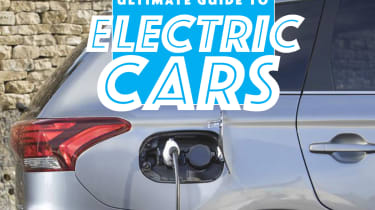
Which type of electric car is most appealing to you? Let us know in the comments below.

